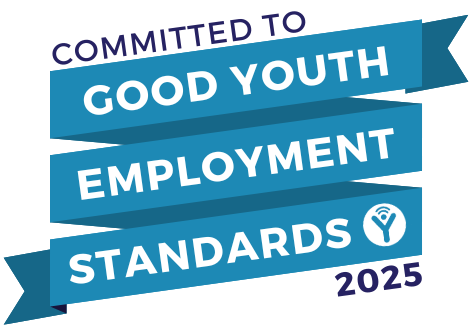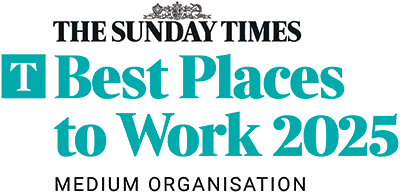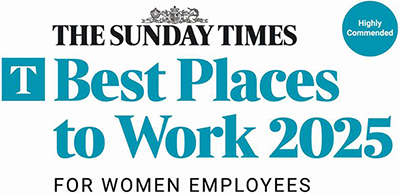The white paper – published by the Department for Education, the Department for Work and Pensions, and the Department for Science, Innovation and Technology – sets out reforms to drive the government's mission of economic growth through skills and to support the needs of people to gain skills, get into work and get on in their careers.
The white paper focuses on the commitments to:
- work with employers as part of a joined-up skills system which drives growth and leaves no place or person behind;
- develop a specialist and prestigious further education sector so that everyone can access opportunities through high-quality training;
- and strengthen our world-leading higher education sector to align with the needs of the economy, become more specialised and sustainable, and deliver good value for the students who study there.
The white paper also highlights the needs of an evolving economy and the need for people to develop the skills required for the jobs of the future. Through the paper we are pleased to see a commitment:
- for Technical Excellence Colleges across high-growth sectors including advanced manufacturing, clean energy, digital and technologies, defence in addition to the previously announcement commitment for construction technical excellence colleges;
- to work with business and employers to ensure the growth and skills levy offer meets needs; and more detail on Apprenticeship Units (short courses) that will be launched alongside apprenticeships;
- and to the higher education system through increasing tuition fees in line with inflation.
The Department of Education has also launched a consultation to reform Post-16 Level 3 and Below Pathways. This introduces new V Levels to sit alongside T Levels and A Levels from 2027-2028 to streamline the options for post-16 education and examine Level 2 pathways.
The consultation will run until January 2026 and we look forward to working with our stakeholders to develop a response.








